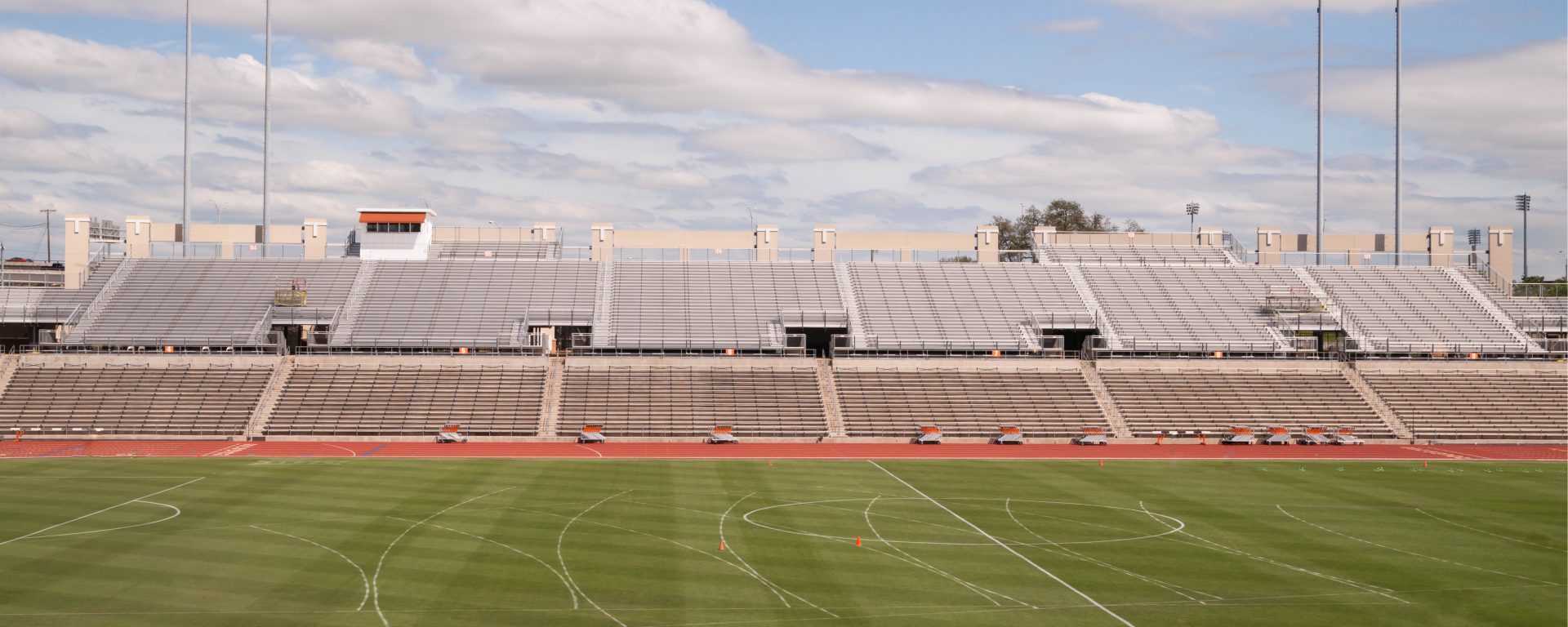Mental health and academic progress now the top concerns for college coaches.
By Kate Shipley Richey
The cancellation of spring sports was a major moment for sports fans—no March Madness, no baseball Opening Day, and a return to the buzzer beaters of yester-year—but few of us probably took the time to consider what it meant for the student athletes, themselves (not just the ones we’re no longer seeing on television). The majority of student athletes in the United States receive no financial assistance for playing their sport, and their competitions aren’t broadcast on national television. Out of sight, out of mind.
For many athletes, this may have been their last season. It may have been their last chance to step foot on the grass and to compete at the sport they spent their entire life training for. Eligibility rules may allow some to return when sporting events are reinstated, and coaches are certainly scrambling to secure those arrangements. Many, many other student athletes, however, follow an academic calendar. At Division III (the largest NCAA division) or non-NCAA conference schools, student athletes may play only as long as their academic endeavors allow. It may never have been about playing for jam-packed stadiums or being featured in the late-night news; the majority of student athletes play for the love of the game while they work toward their degree. When that’s completed, so is their athletic career. For those athletes, it may not make sense or even be possible to stay for another semester once their studies are completed. For these student athletes, the loss may be acute.
The loss of identity that comes with the end of an athletic career implies a specific set of needs for these students. Mentorship, strong support systems, an understanding of mental health, and even counseling resources may be required to help these new graduates transition into the next phase of their lives that COVID-19 has accelerated. Athletic directors from the 130 Football Bowl Subdivision schools, however, are worried about athletes still in the middle of their college careers.
For first-, second-, and third-year student athletes who are planning to return in the fall, the COVID-19 crisis has caused uncertainty around the ability to train, the sustainability of scholarships, and academic progress. In a joint “State of Athletics in the Face of Coronavirus” survey just released from the LEAD1 Association and Teamworks (an athlete engagement platform for collegiate and professional organizations), athletic directors indicated that the academic progress and mental health of their athletes are their top concerns. Their third highest concern is the lack of resources (academic, athletic, or otherwise) available to their athletes off campus.
What this crisis has revealed for students and student athletes alike is the centrality of the physical campus to a college or university’s ability to provide support and resources around mental health and other empathic subjects. As coaches adjust to caring for their teams from afar, it will be important for them and their educational partners to identify ways to replace or mimic the resources available when players are together in the same place. In this dance of needs and solutions, it becomes clear for all of our students, athletes, coaches, and partners that nothing has changed, but everything is different.

